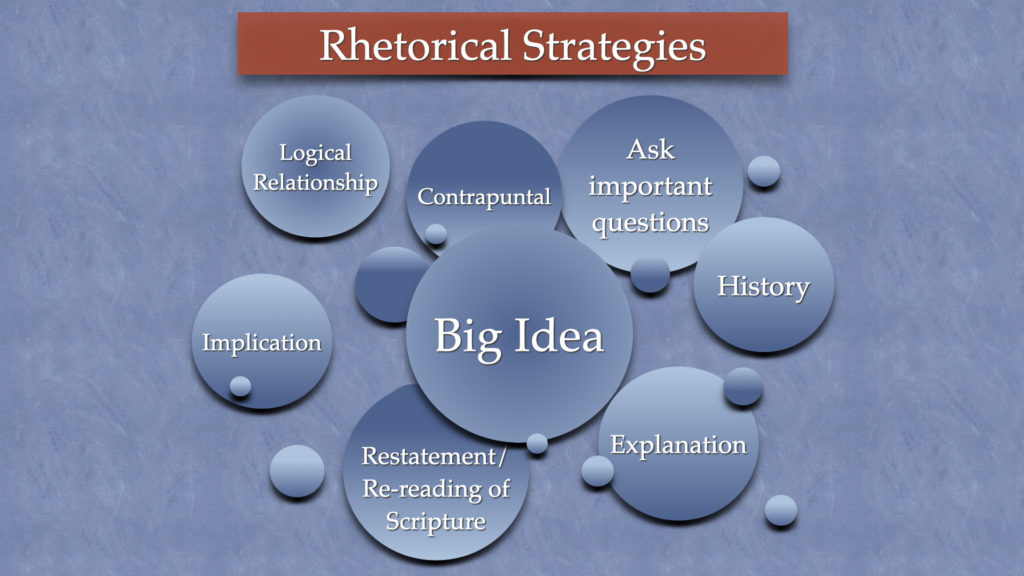
I can’t remember the source and it’s been years. But someone rated the best sermons and discovered that one thing that they shared in common was a noticeably greater number of questions than lesser rated sermons.
Jonathan Edwards’s sermon, Value of Salvation, could qualify for an effective sermon that effectively uses questions to keep listeners engaged.
In the Doctrine section, Edwards’s second particular is: “The whole world shall have an end with respect to every particular person at death…all worldly pleasure…come[s] to an end.” (p. 313 in Kimnach’s volume 10 of The Works of Jonathan Edwards)
After stating that particular doctrine, Edward bombards his listeners with seven straight questions. He leads off with, “To what advantage, then, will be bags of gold and silver?” (p. 313). Then, six more questions follow, often a variation of, “What good will it do him then that…?” (p. 314). The seventh and final question ends the second particular doctrine and comes directly from Luke’s parable in chapter 16 about the rich man who built more barns to store all his goods: “…then whose shall those things be…?”
Each question drives home the point of doctrine. And if you and I ask the right questions at the right time, we are forcing our worshipers to engage.
There’s a reason why the best sermons contain the most questions. Engaging preachers and teachers engage their listens with great questions.
Lord willing, tomorrow many of us will begin preparing for the fourth Advent Sunday of this year. As you write your orascript, think about the kinds of questions you can ask your listeners to force them to think along with you about the greatest gift of our Lord Jesus Christ.
And may our God receive glory in the church and in Christ Jesus (Ephesians 3:21) by our attempts to bring our listeners into heartfelt worship.
Randal
P.S. And one more thing, when you ask questions during the sermon, ask them in a way that lets them know you really expect an answer. I actually expect them to answer, but whether you do or not, it’s critical to ask the question so they know you want them to think with you.




